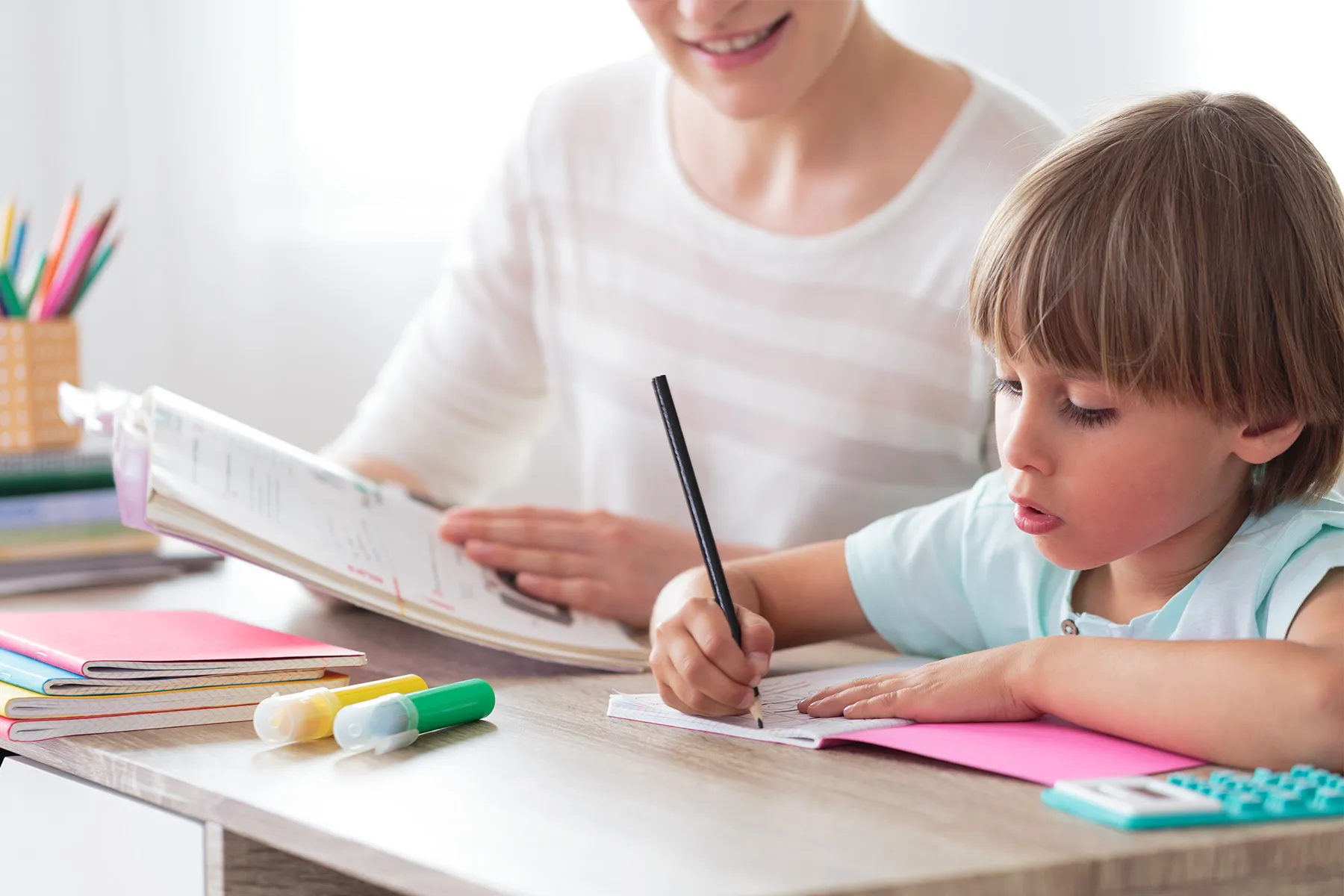
When you think of treatment for ADHD (attention deficit hyperactivity disorder) in children, medication probably comes to mind. That, or maybe therapy to work on school and social skills. In truth, the recommended first line of treatment isn’t a pill or training for your child — but rather training for you.
“There are effective parenting strategies that are known to specifically help with behaviors that are due to ADHD symptoms,” says Maggie Sibley, PhD, licensed clinical psychologist and associate professor of psychiatry and behavioral sciences at the University of Washington School of Medicine. “After the diagnosis, if a parent switches to using these strategies, they will likely see results in the form of better behavior at home and school.”
If your care team has suggested parent coaching, you might wonder if your current habits or home life brought about your child’s ADHD. No parenting style causes ADHD, Sibley says, since it tends to run in families, meaning your child was likely born with a higher chance of having it. But using harsh punishments or changing how you react to your child’s behavior a lot from day to day can make the symptoms of ADHD worse. “This is why it often helps to use positive and consistent disciplinary strategies for a child with ADHD,” Sibley says. “Parent training with a mental health professional like a psychologist can be a great way to learn these and get support as you start practicing them with your child.”
ADHD Parenting Techniques
There are several different types of changes you can make to help your child with ADHD succeed and help your family life work a little more smoothly. You can set up your home and your routine in ways that prevent misbehavior before it happens. And you can choose how you act when good or bad behavior has already happened.
Before the behavior
Clear expectations: Kids with ADHD do best when they know what to expect and what’s expected of them, without having to guess what you mean or what’s coming next. Follow a regular routine at home, with wake-up, bedtime, exercise, and meals at the same times each day. Before an outing or event, have a talk with your child about what you’ll be doing and the specifics of how you’d like him or her to behave there.
Visual reminders: Post checklists, rules, and schedules around the house to help kids remember what they’re supposed to do and when. For older kids, smartphone reminders can help too.
Connection time: Set aside at least a few minutes every day to do something enjoyable with your child, just the two of you. You’ll strengthen your relationship and protect your child’s self-esteem. They may face criticism from other kids, which can leave them feeling like they can’t do anything right.
After the behavior
Positive attention: Praise your child when they do something that you want to see more of. Compliment the behavior right after it happens and be specific. Every child with ADHD has strengths and challenge areas. Learn what your child is good at so that you can create more opportunities for them to do that activity and do well.
Rewards: Create a points system in which your child earns prizes (whether it’s stickers, screen time, or something else valuable) for doing things like brushing their teeth or not fighting with their sibling. Or make rewards part of your daily routine; for example, it’s video game time as soon as your child finishes their homework.
Cause and effect: Try to stay calm when your child acts out instead of having a big reaction to their attention-seeking behavior. “There are also strategies for dealing with serious misbehavior that can be helpful for some children,” Sibley says. “These have to do with consistently using consequences like time out or privilege removal in a way that is most likely to be effective for a child with ADHD.” You can learn these techniques during training with an ADHD parent coach.
Your Support Team
The best ADHD parenting technique might be to enlist help. Consistency is key for kids with ADHD, so you’ll want to make sure your child benefits from the same specialized care both at home and at school. “In the U.S., an individualized education plan or Section 504 Plan can ensure that intervention at school is provided and will help build school-home partnerships that can promote educational success,” Sibley says.
Seek out an ADHD parent coach, who may be a psychologist or a social worker, to learn parenting methods that are likely to work best for your child. Reaching out to other parents of kids with ADHD can be a great source of moral support and practical tips from those who know what you’re going through. One place to connect is through a local chapter of CHADD (Children and Adults with Attention Deficit Hyperactivity Disorder).






